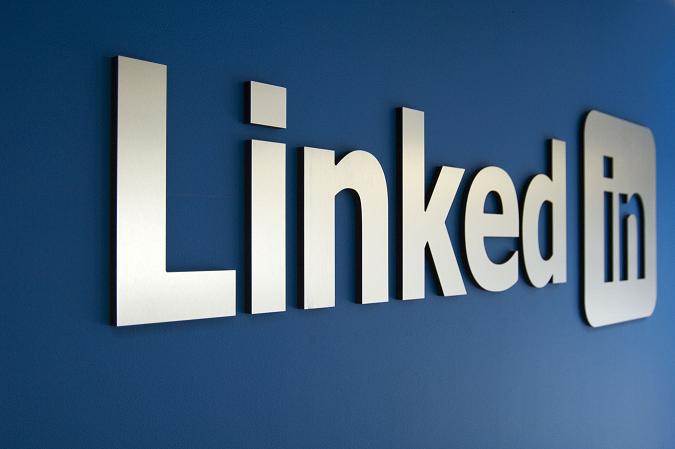Being a startup in this economy era is not an easy task, contrary to what one might imagine. Dangers, pitfalls and problems are always lurking and you need just a bad move to fall into oblivion.
Be known is fundamental, but the rule of doing anything to get noticed is not always the right way.
So if you are a startupper struggling with the Public Relation, especially when your budget is limited, if you are going to perform even only one of the following moves, do not do it!
Here are 10 things not to do if you want your reputation takeoffs.
1. Make a Megalomaniac Launch Party
You should understand that organizing a megalomaniac launch party is not really an ingenious idea.
Simply because you will distract any attention of journalists, bloggers and invited to your service or product, diverting them on your party.
The next day you would find articles about your cocktails or the luxury location of your party, with the name of your startup relegated to a corner.
It’s fine to organize a launch party, but pay attention to be essential!
2. Click the “Send” Button Twice
You have sent millions of emails and not a single person has replied you? If the temptation is to resend the same email to the same recipients, just do not do it.
There is nothing more irritating than receiving the same mail an unknown number of times. It is the duty of journalists, bloggers or any of the receivers to respond to your email.
The purpose of the email with the press release on your startup is to plant a seed, in order to stir up interest in the writer.
But if that seed does not sprout? Sadly, part of this process is beyond your control.
If your startup has not had any luck in the launch party, may be it will have in future…Who knows, maybe in the occasion of the launch party of your worst enemy!
3. Make Grammatical and Syntax Errors
Before you press the “send” button for the first time, be aware to avoid the following errors:
– grammatical, spelling and typing mistakes;
– the use of a different font or format to create a small custom message, that precedes the body of the email that you have just copied and pasted;
– sending emails with too heavy attachments. Not only they will end up in the SPAM folder in the blink of an eye, but even assuming that your mail will reach the inbox folder, the passage in the trash would still be immediate.
4. Hide the Contact Section on Your Website
Time is money!
If the contact section or page is not visible and easily accessible in a matter of 15 seconds, you have lost your chance!
Bloggers, journalists and visitors of your website do not intend to embark on a scavenger hunt to contact you.
Be sure to add both an email to be in touch with you or a contact form to fill out. It’s up to the visitor choose the one he likes more.

5. Send the Same Story to All the Media
If you plan to send the same story to all the newspapers, regardless of their importance and relevance in your field of reference, just change your mind!
You can not hope that an important headboard will publish your short story, if perhaps it’s already featured by a small newspaper.
The same principle is applied for the online world.
6. Not Play in Advance
Although it is difficult for a startup to plan with accuracy the next steps, it is equally difficult for a journalist to write about something that has already happened and that, therefore, it is no longer of interest.
So, a recommended move is to act in advance, predict somehow the strategies and provide a scoop to the press.
7. Launch at the Wrong Time
Launch your startup on the same day that Apple is introducing the latest device is not really the most effective strategy!
Keep under control the national and international events that may have great resonance in your industry can be very helpful to plan the day that you will declare to the world your company existence.
8. Speak Ill of Your Competitors
A big mistake is to focus on what your competitors are doing and speak ill of them, rather than trying to enhance your startup.
This strategy has two downsides. The first is to draw attention to your “enemies”, rather than on yourself and the second is to make enemies.
Never say never: a competitor at the beginning stage of your business can become an ally at a later date!
Then focus your attention on yourself, valorise your startup and stop thinking about gossip. In this framework this just does not work!
9. Being Overwhelmed by Enthusiasm
Too much enthusiasm can curb possible investors or business angels because, with the ease with which you turn it, tends to stall.
In addition, startuppers should be cautious in announcing a partnership when it has not yet been formalized.
A “We could work together” is still not a news, but a guess.
10. Comment Between the Lines
In the era of Web 2.0, anything that you say can be used against you, even when you think no one has heard.
If there are no media representative around you, it does not mean that your comments between the lines is not recorded or posted on a few social networks.
So, be sure to avoid comments that could go back like a boomerang!















